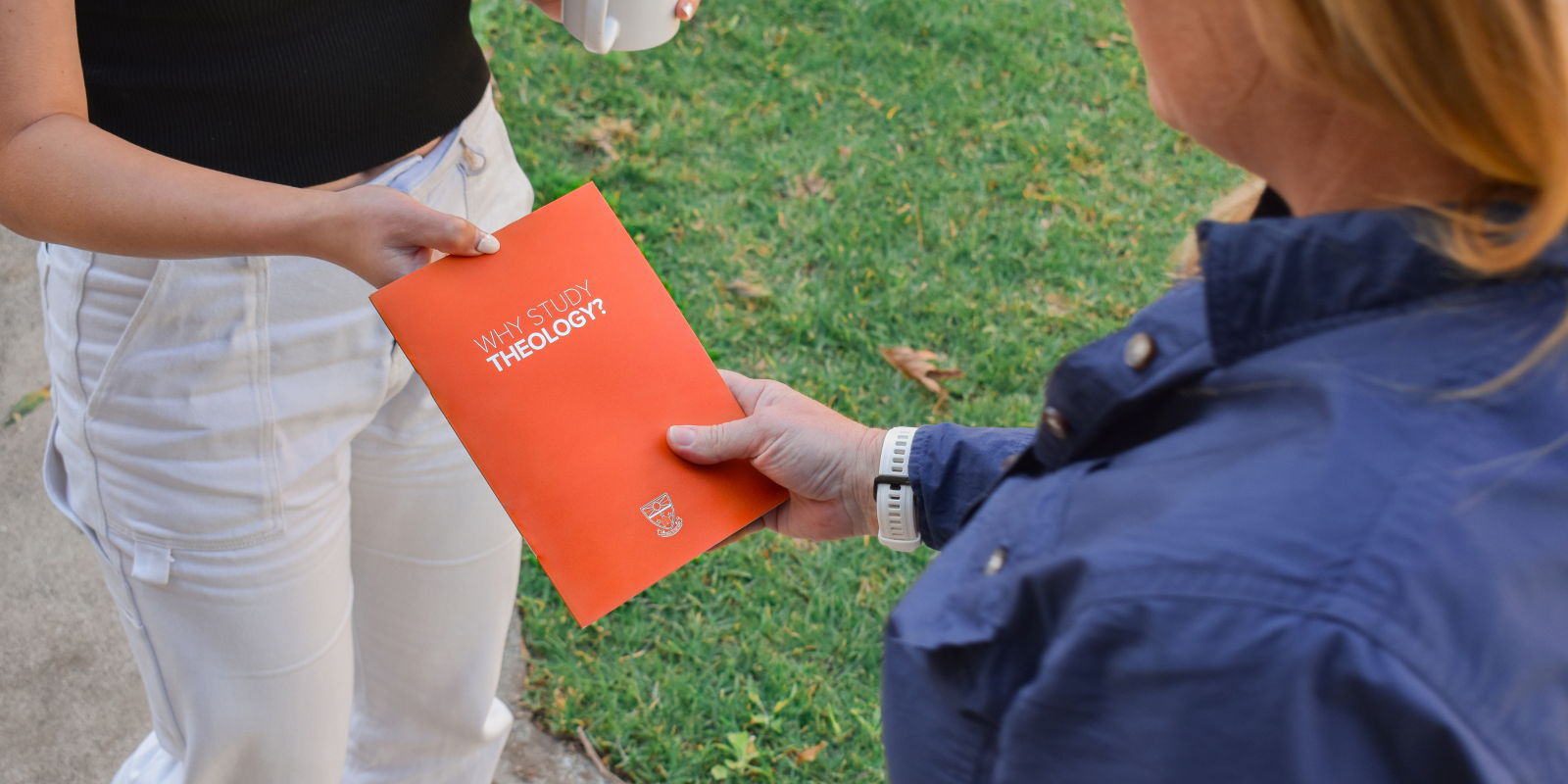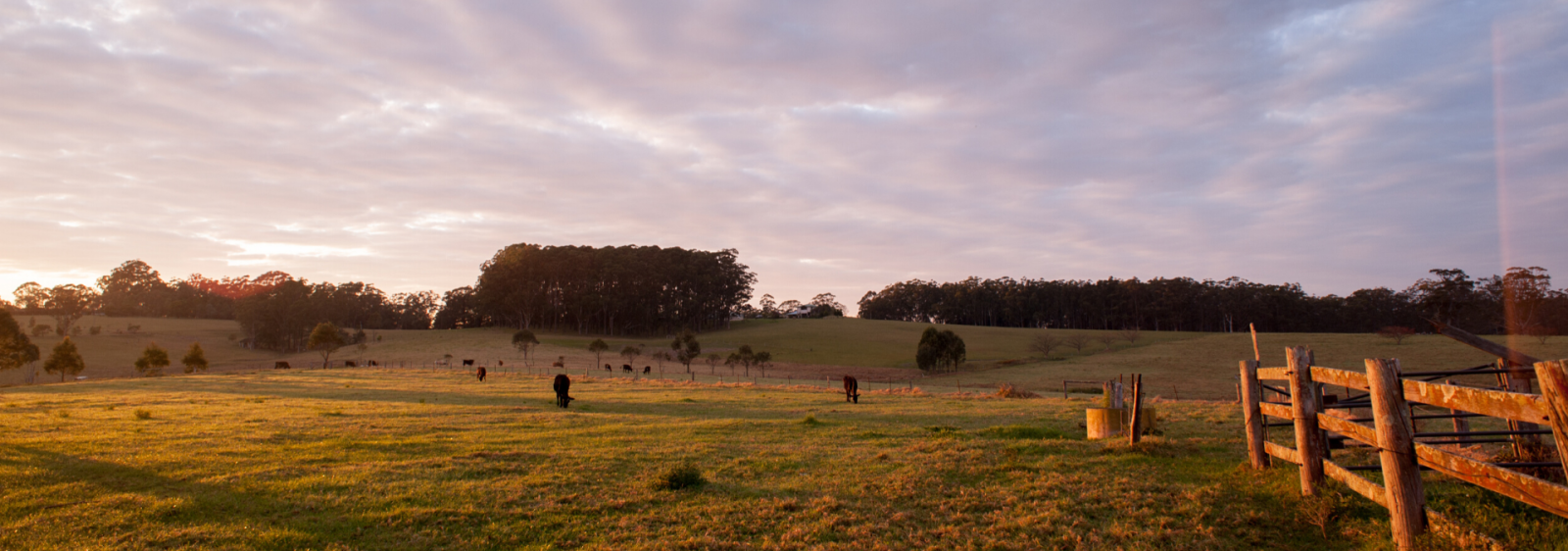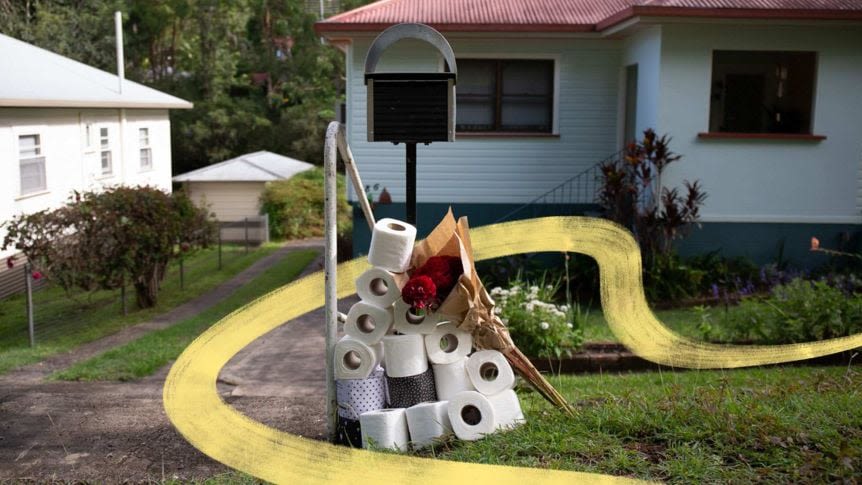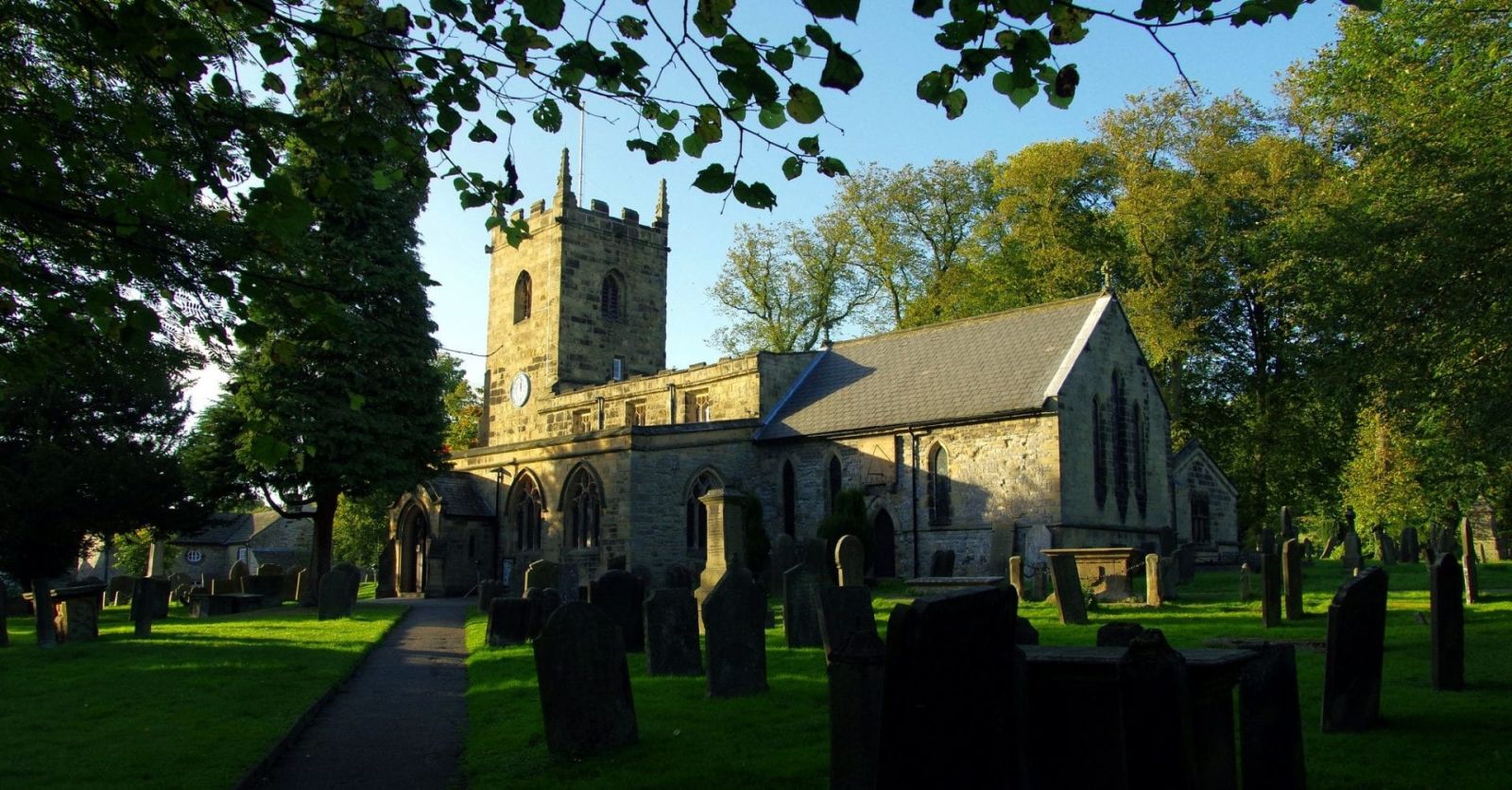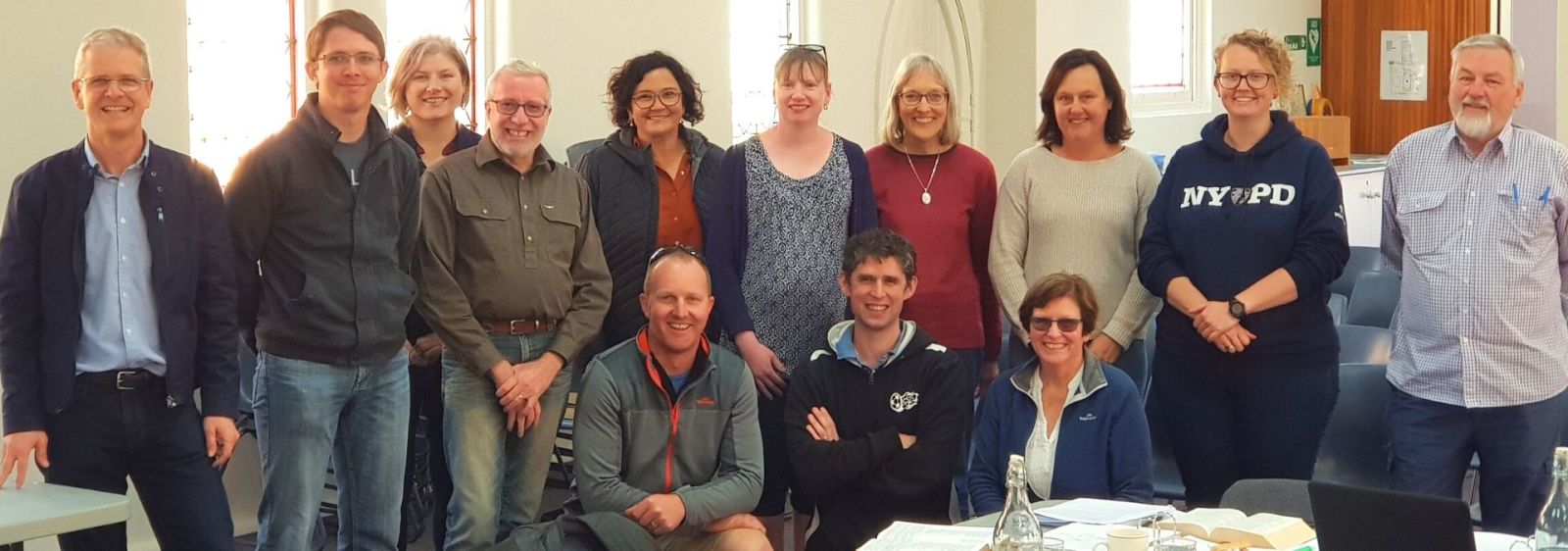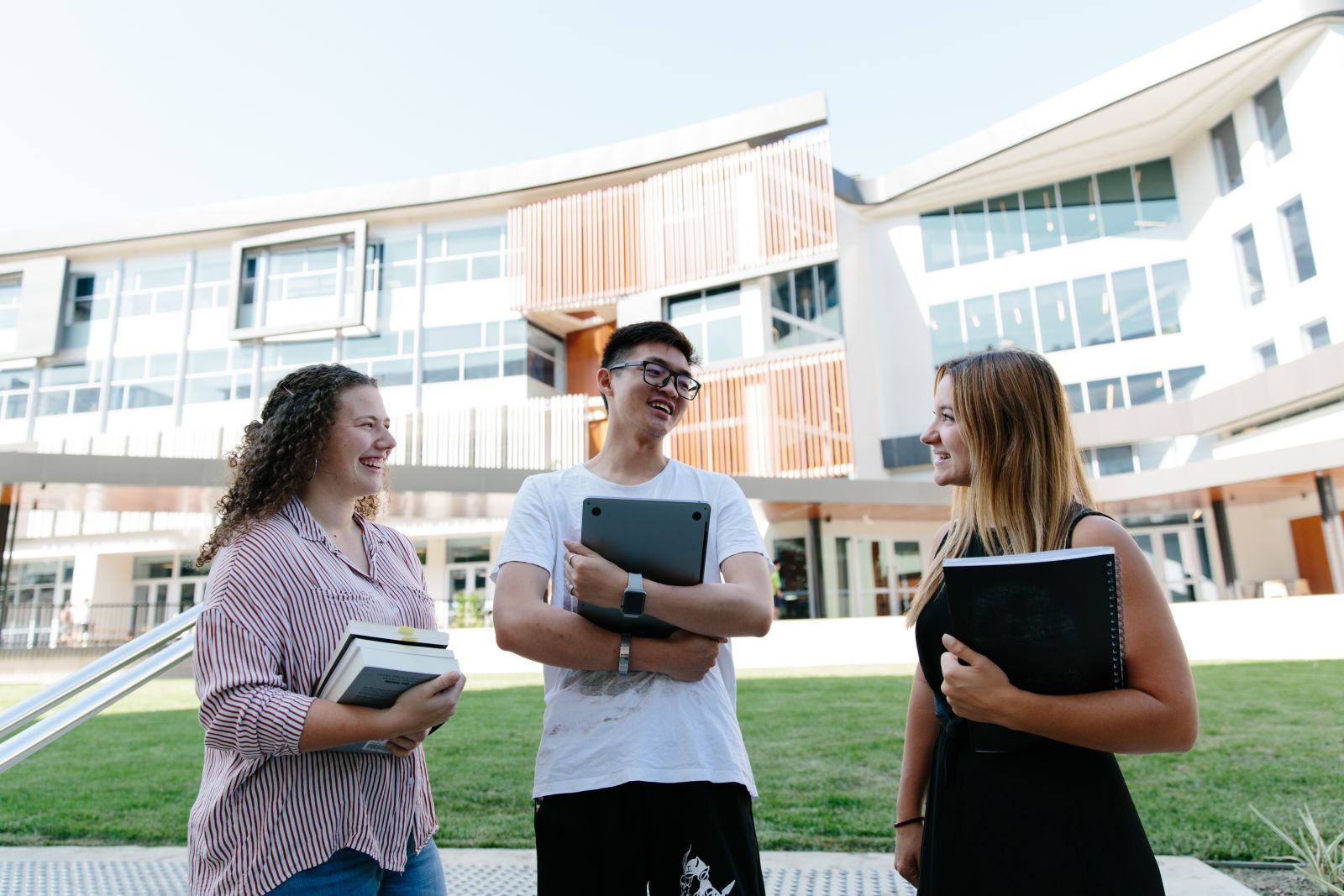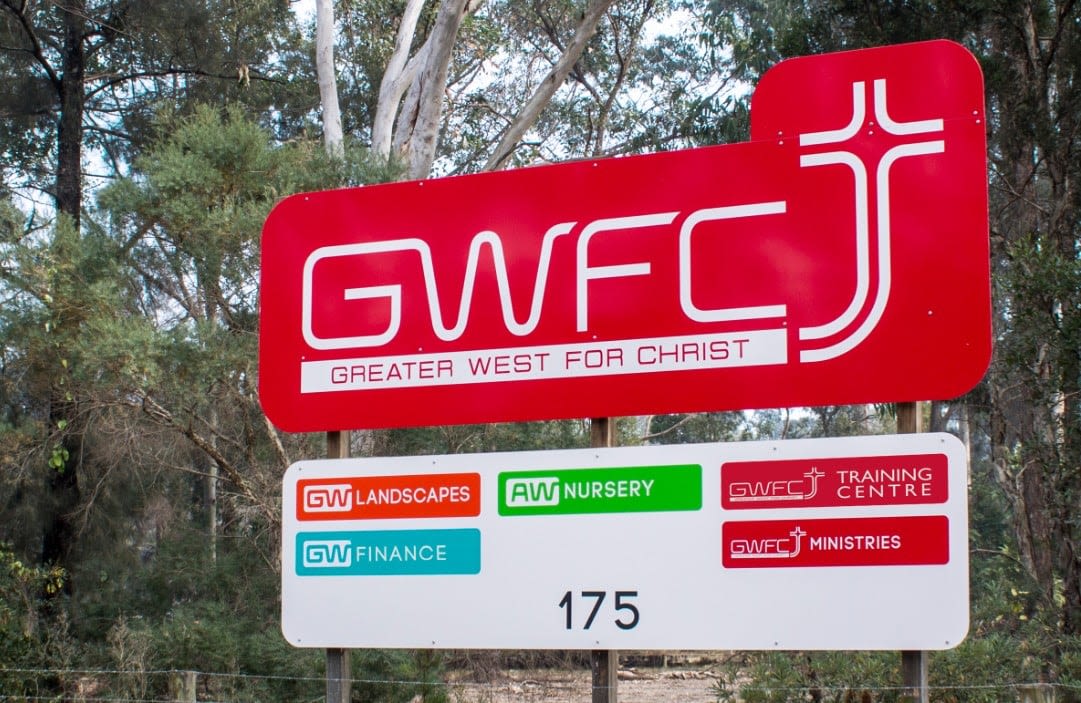“What comes into our minds when we think about God is the most important thing about us?” writes AW Tozer.
Put more plainly, What we believe about God shapes who we are and how we follow God.
Theology is all about learning and studying to properly understand God as revealed in his word, in history, creation, and through the Spirit.
Theology is a vast field and sometimes it can seem daunting. For instance, you will learn on your journey that soteriology affects one’s eschatology and one’s understanding of anthropology is interconnected with ecclesiology, which impacts missiology.
Don’t be put off by all of the “ologies”; they are just ways of saying salvation, end times, humanity, worship, and mission.
So to help you begin this ever-important journey, I want to share three steps that have helped me in my theological quest.
1) Step one: What is theology?
Theology is the study of God and can be literally translated to “God-Speak”. So, in one way or another, we are all doing theology already. Another helpful definition is “faith seeking understanding.” Christian theology seeks to answer at least three fundamental questions: Who is God? What has He done? Who am I in relation to him?
Once we have placed our faith in the life and work of Jesus Christ, we seek to make sense of the cosmic meaning of life, evil, work, sexuality, politics, and the list goes on.
The first step is to have a clear definition and understanding that theology is: “the continuous process of inquiry that is prompted both by the surprising grace of God and by the distance between the promise of God’s coming reign … and our experience of the brokenness of human life.”[1]
2) Step two: Mapping theology
Once you’ve understood the task or definition of Christian theology, it’s time to explore its content or fundamentals. There are two key sources of Christian theology: Scripture and tradition.
We begin with the Bible. Theology begins with God as revealed in Scripture. It is vital to allow the Bible to shape your imagination and intellect. For when we study theology, we will never be the master; the aim, in fact, is to be mastered by the author of the text.
Next is tradition. For centuries, Christians and theologians have wrestled and studied to provide essential tenets of our faith. For instance, who is God and who is Jesus? Or how do we understand the concept of a Trinitarian God (the word Trinity isn’t even used in Scripture), or the incarnation, or the virgin birth? God invites us to seek answers to these fundamental truths of the Christian faith.
Reason and experience are also helpful in mapping our theological understanding, but it is vital to gain a deeper understanding of Scripture and tradition first.
To reiterate, step one is defining Christian theology; step two is studying the contents or fundamental beliefs of the Christian faith beginning with Scripture and tradition.
3) Choose your adventure
Once you have a solid foundation, it’s time to begin digging deeper into a specific topic or theme that interests you. From art and beauty to work, salvation, and the end times, theology is an endless adventure of working out our faith with fear and trembling.
As always, read widely and generously. Pick a topic and two opposing authors and see where you stand. It is helpful to learn the ins and outs of each view; after all, we are all trying to make sense of God.
Reading and studying theology will deepen your faith, broaden your vision, enrich your ministry and change your life. The study of theology, if done humbly, will lead to transformation. That’s why we at Morling have put together a short 45-page free ebook called Why Study Theology, to help you take your next step.
Let’s journey together in this adventure! Download the Free Ebook today!
[1] Daniel L. Migliore, Faith Seeking Understanding: An Introduction to Christian Theology Second Edition, (Grand Rapids, MI: Eerdmans 2004, 9).

